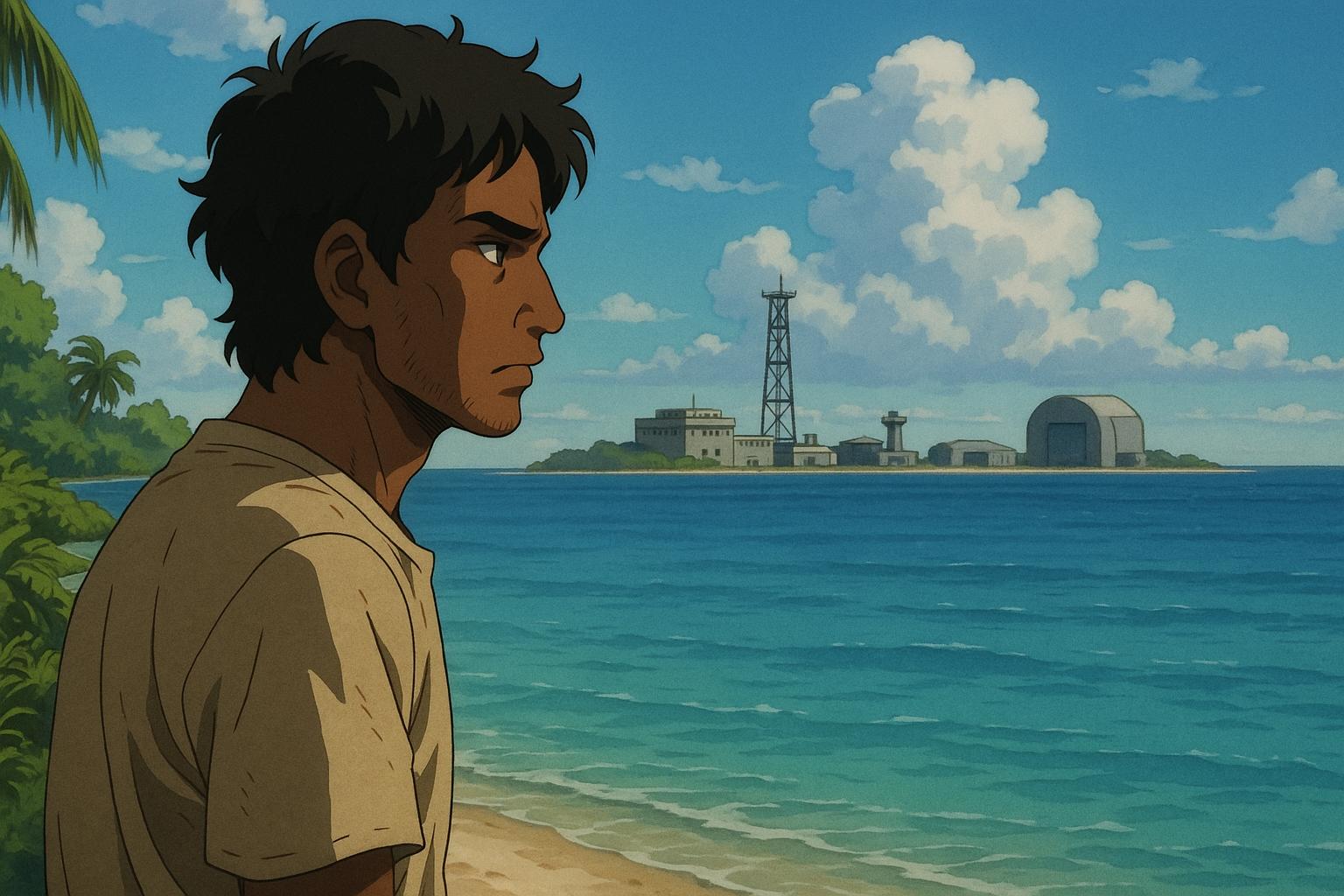The recent decision by the UK government to transfer sovereignty of the Chagos Islands to Mauritius has stirred significant controversy, reflecting complex historical and political dimensions. At the heart of the matter is the ongoing question of the Chagos Islands, home to the strategically critical Diego Garcia military base, which has been under British control since the early 19th century. The agreement, which includes a 99-year leaseback of the base, has been framed by Prime Minister Keir Starmer as a necessary step to ensure national security and maintain strategic partnerships, particularly with the United States. However, reactions from various quarters suggest that this move is fraught with complications and optics that may undermine its justification.
The negotiations leading to this deal originated under previous Conservative administrations, with key figures like James Cleverly and David Cameron initiating discussions. Starmer’s administration, however, has faced scrutiny over the details and implications of the final agreement, particularly its financial aspects and the historic grievances of the Chagossian people. Critics, including prominent figures in the Conservative party, have argued that the deal represents a betrayal of British territory. Shadow Foreign Secretary Kemi Badenoch has gone so far as to label it an "immoral surrender," claiming it is indicative of Labour's failure to safeguard national interests.
Adding complexity to the situation, the agreement stipulates a payment of £101 million annually for the use of Diego Garcia. Yet, estimates of the total cost have varied wildly, with some estimates suggesting figures as high as £18 billion. Starmer's initial assertions regarding the agreement's financial implication were met with scepticism; some commentators have described his defence of the costs as “arithmetical gibberish.” The discrepancy in financial projections suggests a broader uncertainty about the long-term viability and justification of the arrangement, much akin to the infamous "gold sale" undertaken by Gordon Brown, which has historically been portrayed as a blunder.
For the displaced Chagossians, the agreement feels like yet another chapter in a long history of injustice. The nearly 2,000 islanders forcibly removed from their homes in the 1960s and 70s have seen little in the way of remedy or restitution since their removal. Although the recent deal includes a £40 million fund aimed at addressing their plight, many Chagossians are voicing that this effort falls woefully short of rectifying the historical wrongs they have suffered. Figures like Bernadette Dugasse have expressed profound disappointment, emphasising that their calls for the right to return have been overlooked in high-level negotiations. The deep emotional toll of displacement, alongside the fear of losing cultural heritage as the original community dwindles, presents a haunting backdrop to these discussions.
Starmer's assertion that this deal would secure Britain’s military position and prevent possible adversarial advances, particularly concerning China's influence in the region, signals an attempt to frame the agreement within a narrative of national security strategy. However, the strength of Mauritius's claim over the Chagos Islands remains contested, and the implications of the International Court of Justice's advisory opinion—which suggests the islands belong to Mauritius—are still met with doubt regarding enforcement. Critics suggest that Starmer’s justifications may reflect an underlying reluctance to confront the deal's more contentious aspects, particularly as the UK seeks to navigate its post-Brexit diplomatic landscape.
As Starmer attempts to bolster his position through international agreements, including trade deals with key partners post-Brexit, the potential fallout from the Chagos deal looms large. The decision risks overshadowing what may be perceived as political victories, placing Starmer in a precarious position both domestically and internationally. With heightened scrutiny from the opposition and a populace weary of complex political narratives, the broader implications of the Chagos Islands agreement will likely resonate throughout Starmer’s tenure, complicating his ambitions in an already tumultuous political landscape.
Ultimately, while the Chagos Islands deal is presented as a strategic necessity, its consequences extend beyond immediate politics, revealing profound concerns over historical grievances, national identity, and the ethical considerations foundational to British colonial legacies. As public sentiment continues to grapple with these issues, the long-standing hope for justice among the Chagossian people remains a poignant reminder of the enduring impacts of colonialism and the struggle for recognition.
Reference Map:
- Paragraph 1 – [1], [4]
- Paragraph 2 – [1], [2], [5]
- Paragraph 3 – [3], [6]
- Paragraph 4 – [3], [6]
- Paragraph 5 – [2], [4]
- Paragraph 6 – [1], [2], [4]
Source: Noah Wire Services
